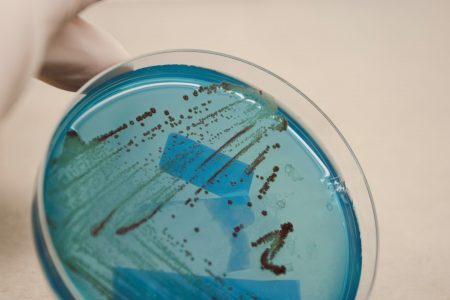Case study
A customer was in demand of novel enzymes capable of degrading specified compounds under challenging acidophilic, thermophilic and alkalophilic conditions. Environmental samples and a wish list with high potential bacterial species were provided by the customer. The culturing approach included a heat shock, pre-culturing and parallel culturing conditions that were designed through customer consultations and literature search performed by a BaseClear expert, and optimized in pilot experiments. The obtained isolates were cultured to purity and their genome was sequenced to completeness and presented in the Genome Explorer for efficient data mining for novel enzymes.
This rigorous process led to the identification of twelve different species and thirty-two previously uncultured (novel) species, within the specified bacterial family. The customer received glycerol stocks of the pure cultures, fasta files of each sequenced isolate and a detailed expert report that included the experimental approach, result tables and relevant conclusions. The customer was granted complete intellectual property rights on the isolated strains, their genome sequences and present novel enzymes.









